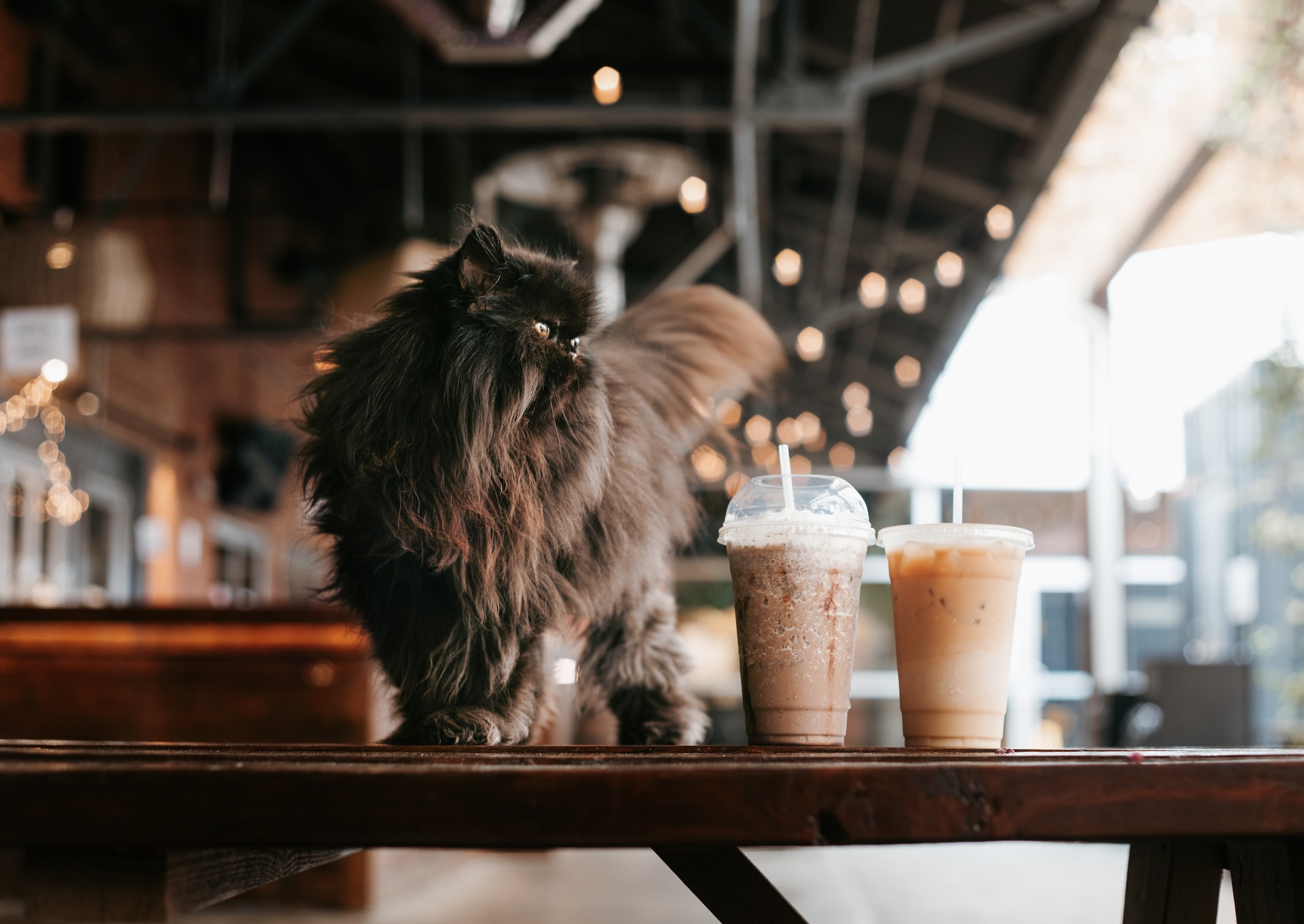As cat owners, we always want to make sure our beloved feline friends are well-fed and happy. However, it’s important to remember that not all human foods are safe for cats to eat. In fact, some foods can be downright toxic and cause serious health issues for our furry companions. To make sure you’re not accidentally giving your cat something harmful, it’s crucial to know which human foods to avoid. In this article, we’ll explore common human foods that are toxic to cats and why you should steer clear of them.

Alcohol
Alcohol can be fatal to your furry friend. Wine, beer, liquor, and food containing alcohol can cause serious health issues such as diarrhea, vomiting, breathing problems, tremors, and even death. Even a small amount can be lethal. Just two teaspoons of whiskey can cause a coma in a 5-pound cat and one more teaspoon could kill it. If you suspect your cat has ingested alcohol, seek medical assistance immediately. Remember to keep alcoholic beverages and foods that contain alcohol out of reach of your pets.

Chocolate
Think twice before feeding your cat chocolate as it can be toxic and cause severe health issues. Chocolate contains methylxanthines, which can cause symptoms like vomiting and tremors in cats. In severe cases, it can even lead to death. Dark chocolates and baking chocolates are more dangerous for cats than white chocolate. So, keep your chocolate away from your furry friend and always consult your vet if you suspect your cat has eaten chocolate. Remember, prevention is better than cure!

Dog Food
Dog food should never be used to substitute cat food as cats have specific nutritional needs that differ from those of dogs. According to PetMD, cats are obligate carnivores which means they require meat-based proteins and animal fats to function properly. On the other hand, dogs are omnivores who can easily eat both meat and vegetables. Cat food has higher protein content compared to dog food, which usually contains 18-26% as-fed protein, while cats require at least 30-34%. As PetMD explains, feeding your cat with dog food over an extended time can result in detrimental or even deadly consequences.

Grapes & Raisins
Grapes and raisins may be a tasty and healthy snack for humans but can be dangerous for cats. These fruits contain an unknown toxic substance that can cause kidney failure in cats even in small amounts. Symptoms of grape or raisin poisoning in cats may include repeated vomiting, hyperactivity, and decreased appetite. It’s important to keep grapes and raisins away from your cat’s reach and avoid feeding them to your feline friend as a treat. To err on the side of caution, the ASPCA advises pet owners to avoid feeding grapes or raisins to their cats altogether.

Too Much Liver
Cats are susceptible to vitamin A poisoning, which occurs when they consume too much liver or liver-containing treats rich in vitamin A over several weeks to months. Symptoms of vitamin A poisoning include poor hair coat, dry skin, weakness, weight loss, constipation, excessive bone development, and painful or limited movement. Excessive vitamin A intake during pregnancy can lead to cleft palate formation and other fetal abnormalities. Once the diet is corrected, blood levels of vitamin A should return to normal within a few weeks, and although excessive bone growth is not reversible, mobility and comfort may improve.

Dairy
Kittens may be able to digest milk without issue, but as they age, their ability to process lactose decreases. It’s important to note that dairy is not necessary for a cat’s balanced diet, as they are obligate carnivores. Dairy should only be given as a treat in moderation. Symptoms of lactose intolerance in cats include excessive gas, vomiting, constipation, and diarrhea. Cats may also become dehydrated and lethargic after consuming dairy products.

Onions, Garlic, & Chives
Onions, garlic, and chives may add flavor to our food, but they can be toxic to cats. Consuming onions and garlic in large quantities can lead to gastroenteritis or inflammation of the stomach and intestines. This can cause symptoms such as nausea, oral irritation, drooling, abdominal pain, vomiting, and diarrhea. Moreover, excessive intake of onion and garlic can result in oxidative damage to the red blood cells, which can cause them to break down and rupture. This damage can lead to anemia, weakness, and even death.
The Bottom Line
When it comes to feeding our furry feline friends, it’s crucial to understand what foods are safe and which ones should be avoided. While there are some human foods that cats can enjoy, it’s essential to talk to your veterinarian before feeding them to your pet.
Royal beds, food Mats & Art for your cat
The snobbiest designs for your royal kitty!

